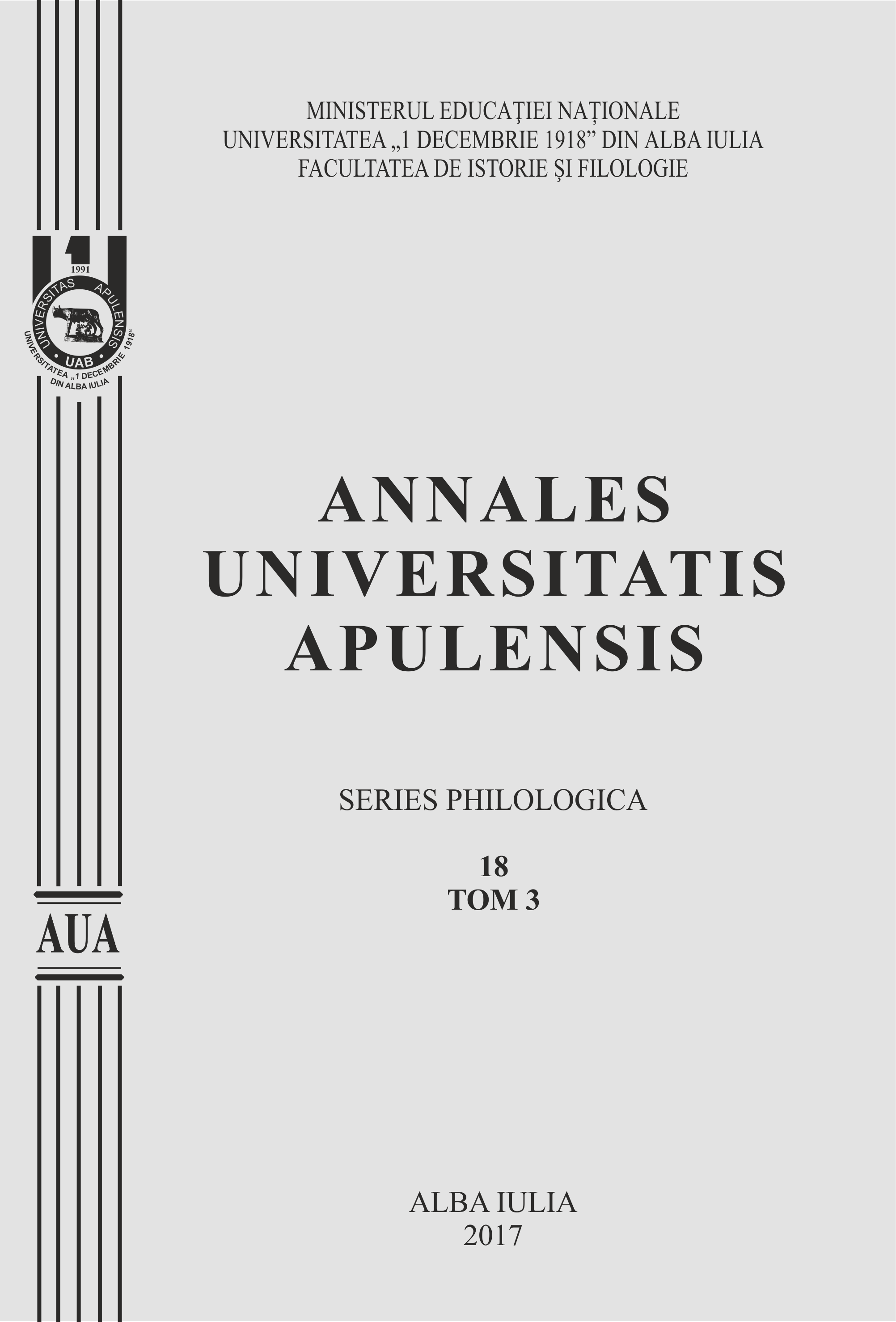SUBIECTUL – O FUNCȚIE SINTACTICĂ?
THE SUBJECT – A SYNTACTIC FUNCTION?
Author(s): Cipriana-Elena PeicaSubject(s): Language and Literature Studies
Published by: Universitatea »1 Decembrie 1918« Alba Iulia
Keywords: subject; predicate; syntactical functions; syntactic relation; Romanian Grammar
Summary/Abstract: Starting from the premise that: Where is the relationship, it is a syntactic function, we will present the special status of the subject in Romanian and we will try to answer the questions: Is it or is it not the subject a syntactic function? Is it or is it not the syntactic relation of the predicate with the subject one which generates syntactical functions? In the subject-predicate relationship, the predicate is subordinate to the subject. The subject-verb agreement means that the predicate agrees in number and person with the subject noun in the nominative1. The subject imposes a certain number and person on the predicate and the agreement thus becomes the means for the predicate’s subordination to the subject. It is the predicate that agrees with the subject and it is thus subordinate to the subject, not the other way around. In the predicative syntagm (subject + predicate), the agreement, as a special regimen, is unidirectional. In regard to the nominative1 of the subject, this is not imposed by the predicate verb, but it is a condition to be met by the predicate’s regent, namely the subject. The subject does not contract the predicate lexeme, but it is updated by the latter, therefore the subject can be considered a syntactic function?Given that the means for accomplishing a grammatical relation decisively determines that relation and that the agreement plays that role for the subject and the predicate, it means that the predicate is subordinate to the subject.
Journal: Annales Universitatis Apulensis. Series Philologica
- Issue Year: 18/2017
- Issue No: 3
- Page Range: 205-210
- Page Count: 6
- Language: Romanian

